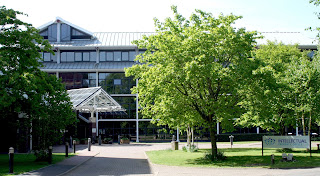IP Backed Funding

Jane Lambert The World Intellectual Property Organization has published reports on unlocking IP-backed funding in China , Jamaica , Singapore , Switzerland and the UK . The report on the UK was launched yesterday in London by Viscount Camrose , Parliamentary Under-Secretary of State for artificial intelligence and intellectual property and Daren Tang, Director-General of WIPO on 19 March 2024 (see the Intellectual Property Office's press release Report launched into UK's IP-backed finance landscape 19 March 2024). The report, which can be downloaded as a PDF from the WIPO website consists of 47 pages of text organized in the following sections: Acronyms (common abbreviations such as "HMRC" and "SME"); Glossary Executive Summary The United Kingdonm's Journey Types and Sources of IP Funds for equity investment and lending The Legal and Regulatory Framework for UK Finance covering accounting standards and financial regulation as well as law Non-regula
